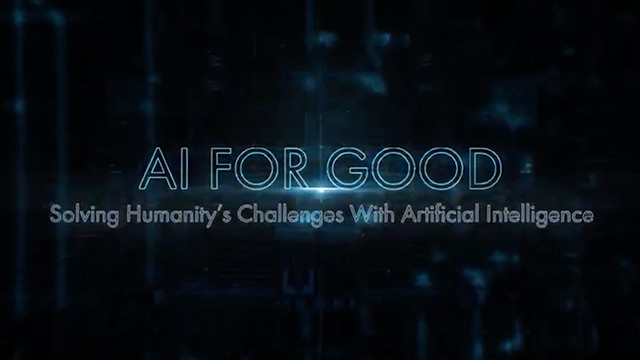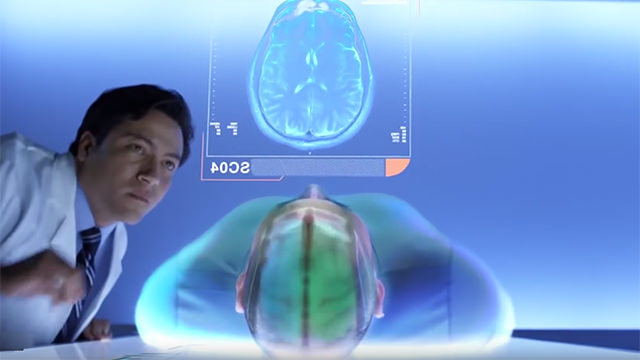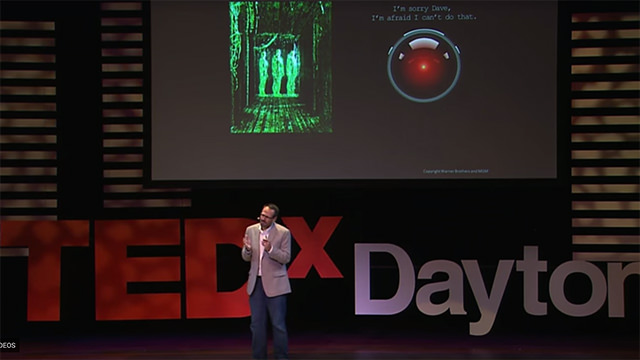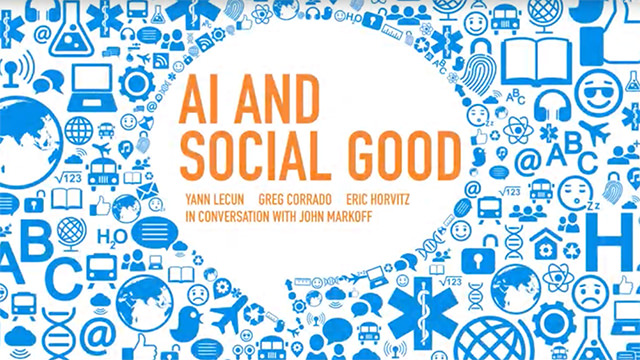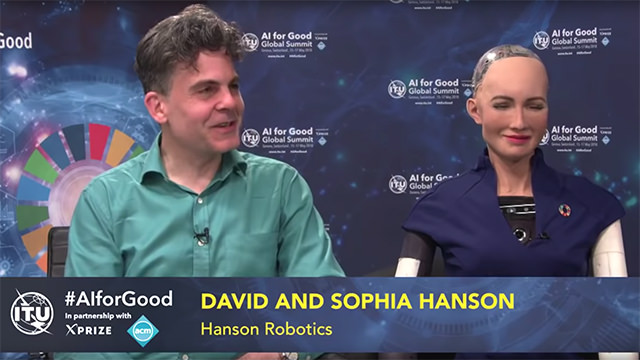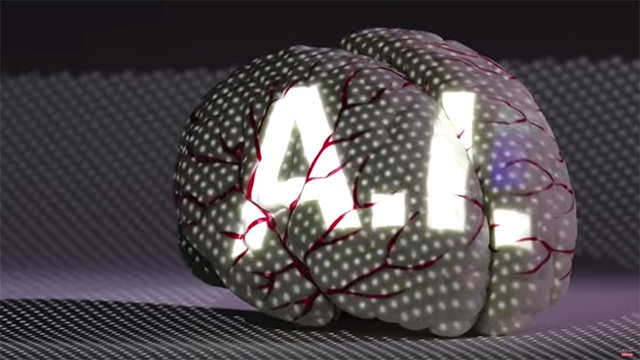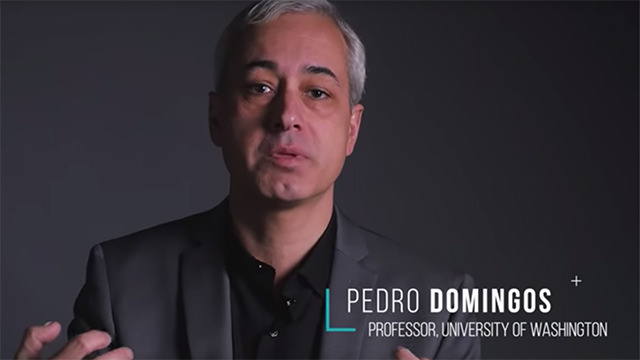Search Good Practices and Resources

From Google: Machine learning and human bias
A video that discusses machine learning and the three types of bias – human, latent and selection bias. About 900,000 views.

From Nicholas Thompson: Google lays out its principles for AI
Google’s seven principles to guide their AI development going forward.

From Axios: Biases are being baked into AI
When it comes to decision making, it might seem that computers are less biased than humans. But algorithms can be just as biased as the people who create them. About 5,000 views.

From Newsy Tech: Unsurprisingly, Microsoft’s AI bot Tay was tricked into being racist
Surprise, surprise — just a day after Microsoft’s new artificial intelligence, Tay, launched on several social platforms in 2016, it was corrupted by the Internet and shut down. About 50,000 views.

From Arizona State University’s Risk Innovation Lab: Ten risks presented by AI
Why developing ethical AI is important from the perspective of understanding ten of the most important risks. Over 20,000 views.

From the Washington Post: How to spot manipulated video
The Internet is increasingly populated with false and misleading videos — spread by politicians, advocacy groups and others — viewed by millions. The Fact Checker set out to develop a universal language to label misleading online video and hold creators and sharers of this misinformation accountable.

From WhichFaceIsReal: Click on the person who you think is real
The purpose of this site is to educate the public about how difficult it is to tell the difference between real and fake. Test your ability to distinguish AI-generated fake head shots from the genuine article.

From ThisPersonDoesNotExist: Creepy and Realistic Randomly Generated Fake Faces
Every time this website is refreshed, the AI’s neural network generates a shockingly realistic but totally fake picture of a person’s face. Do they look real to you? It’s equal parts creepy, fun and amazing.

From ZDNet: Two out of three consumers don’t realize they’re using AI
A survey found that many respondents did not know that they were already using AI and of the respondents who said they have not used AI, 63 percent were actually using it. They just were not aware that they were.

From FOSI: Ethical AI. What does it mean? Why is it important? Why is it so difficult to do?
Young people increasingly live in a world transformed by artificial intelligence and those who understand and leverage it will live richer and more fulfilling lives. This article provides a framework and an interactive experiment for teachers and parents to begin having a conversation about ethical AI. Readers can learn more by clicking on any of the links for additional context and information.
